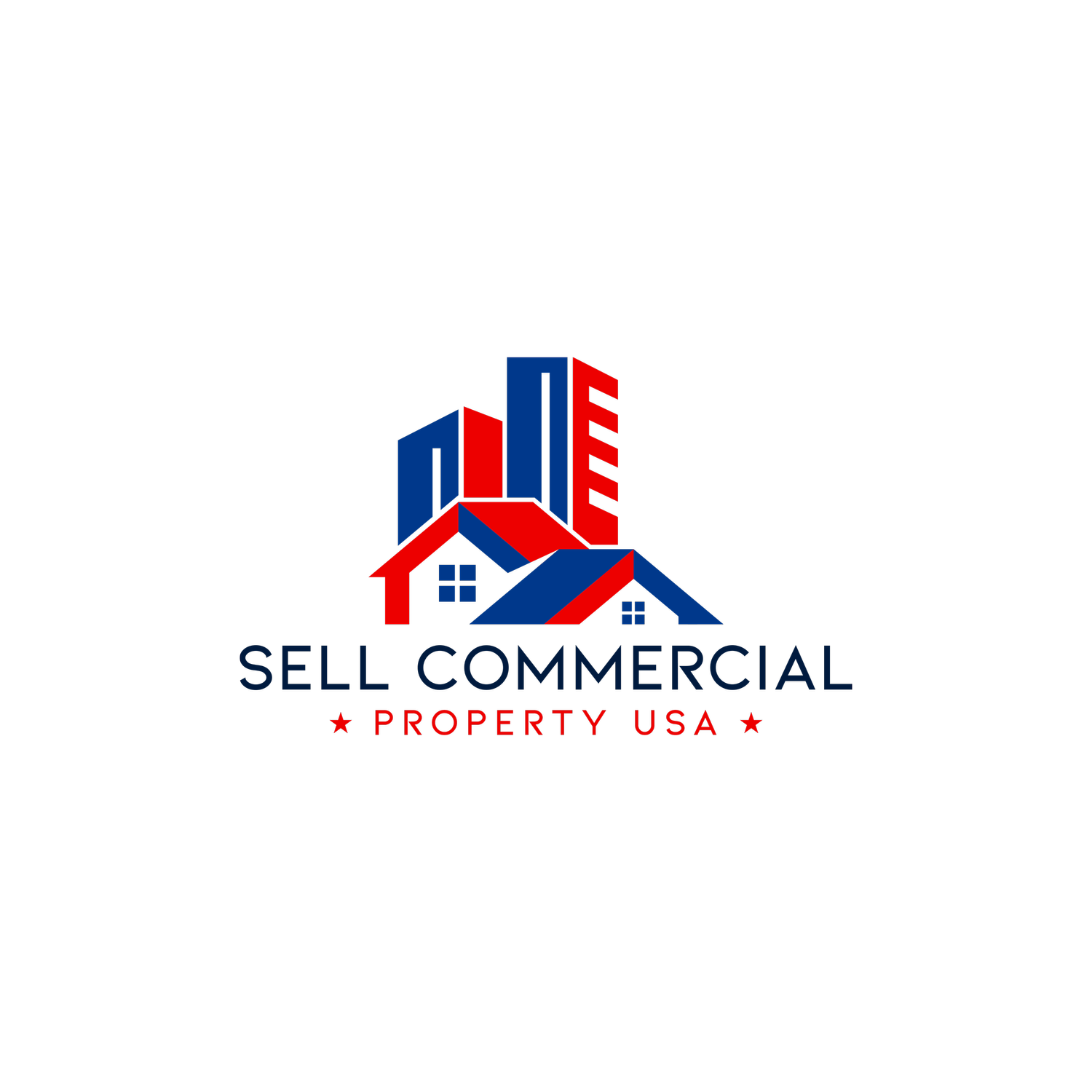How to Sell Commercial Property in Washington DC
Selling commercial property in Washington, D.C. can be both an opportunity and a challenge. The city’s real estate landscape is dynamic—shaped by federal agencies, private developers, and an ever-shifting mix of retail, office, and mixed-use demand. While traditional brokerage listings remain a common route, more property owners are discovering that selling to a cash investor can provide a faster, simpler, and more predictable outcome.
Below, we explore how the D.C. commercial property market works, the hurdles sellers often face, and why a cash sale may be the most practical solution.
Understanding the Washington DC Commercial Property Market
When selling commercial property in Washington DC, it’s important to recognize the market’s complexity. Commercial assets range from small mixed-use buildings in Shaw or H Street NE, to retail storefronts in Georgetown, and industrial or warehouse properties in the outer quadrants. Each submarket behaves differently depending on zoning, foot traffic, and redevelopment potential.
Valuation in D.C.’s commercial market hinges on several factors:
Zoning and permitted uses: The D.C. Zoning Map and Comprehensive Plan dictate allowable density, floor-area ratio (FAR), and use type—key determinants of property value.
Tenant stability and lease terms: Occupied buildings with reliable tenants are typically valued based on capitalization rates, while vacant or distressed assets can be harder to sell conventionally.
Condition and maintenance: Deferred maintenance, aging mechanical systems, or code violations can lower the property’s appeal to traditional buyers.
Market trends: Interest rate fluctuations, downtown office vacancy rates, and urban redevelopment policies all influence demand.
Because of these complexities, commercial properties often spend months—or even years—on the market before finding a qualified buyer. Financing challenges, appraisal delays, and inspection issues can further extend the process.
Challenges in Traditional Commercial Sales
Traditional real estate transactions rely heavily on financing, inspections, and negotiations that can fall apart at any stage. In Washington, D.C., where commercial real estate prices are high and due diligence requirements are strict, deals are especially prone to delays. Common obstacles include:
Financing contingencies: Many commercial buyers depend on loans that require extensive underwriting, environmental reviews, and income verification.
Appraisal gaps: If the appraised value comes in lower than the contract price, lenders may reduce funding, jeopardizing the sale.
Inspection and repair demands: Older D.C. buildings—particularly in historic districts—often require costly repairs or code upgrades.
Long closing timelines: Traditional sales can take six months or longer, tying up capital and exposing sellers to ongoing taxes, insurance, and maintenance costs.
For sellers needing liquidity or seeking to offload a property quickly, these delays can be frustrating and expensive.
Why Selling to a Cash Investor Makes Sense
Cash investors—including private buyers, REITs, and local development firms—offer a streamlined alternative. Here’s why this route often makes the most sense when selling commercial property in Washington DC:
Speed and Certainty
Cash investors eliminate the need for bank approvals, meaning closings can occur in as little as 30 days. This fast turnaround is ideal for owners facing tax deadlines, partnership dissolutions, or foreclosure risks.As-Is Sales
Investors usually buy properties in their current condition, saving sellers from costly repairs or tenant improvements. This is particularly valuable for aging office buildings or under-performing retail centers.Fewer Fees and Hassle
By selling directly to an investor, you avoid broker commissions (often 5–6%), marketing expenses, and months of holding costs. Investors often handle closing costs as part of the deal.Flexible Terms
Many investors can accommodate creative arrangements, such as leasebacks or extended closings, giving sellers time to transition smoothly.Reduced Risk of Deal Fallout
Since cash buyers use their own funds, there’s no risk of financing falling through—a common issue in traditional deals.
Protecting Your Interests in a Cash Sale
Even in a fast transaction, due diligence remains important. Before agreeing to sell, ensure:
The investor provides proof of funds and uses a reputable title company.
You understand all terms in the purchase agreement, including contingencies and closing dates.
You obtain a comparative market analysis (CMA) or professional valuation to confirm you’re receiving a fair offer.
Consulting a real estate attorney or commercial broker familiar with D.C. transactions can further safeguard your interests.
Conclusion
Selling commercial property in Washington DC doesn’t have to be a drawn-out process filled with uncertainty. While traditional listings may attract a broader audience, they also bring financing hurdles, inspections, and delays. For many property owners—especially those seeking a quick, straightforward sale—selling to a cash investor is the smarter move.
It offers speed, convenience, and peace of mind, allowing you to focus on your next investment or financial goal without the burden of an unpredictable closing timeline. In a market as competitive and regulation-heavy as Washington, D.C., that kind of certainty can be worth more than any extra dollars you might gain from waiting for the perfect buyer.

